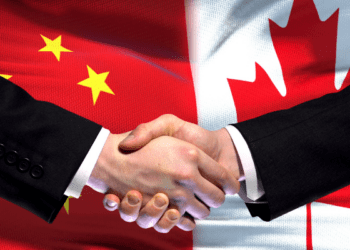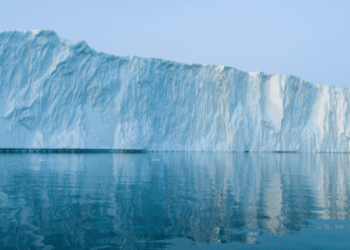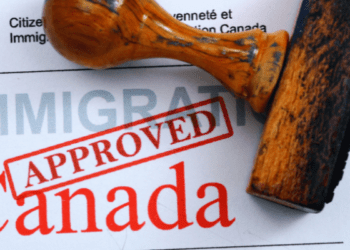Writing in the Globe and Mail, Macdonald-Laurier Institute Managing Director Brian Lee  Crowley argues that members of the richest one percent of our society don’t just hoard their cash – they make investments that create prosperity for everyone else.
Crowley argues that members of the richest one percent of our society don’t just hoard their cash – they make investments that create prosperity for everyone else.
By Brian Lee Crowley, April 3, 2015
The fastest way to start a fight in modern Western societies is to mention The One Percent. There inevitably follows a torrent of figures designed to show how the share of income of the richest one percent is growing, while incomes lower down are stagnating or even falling. There is little doubt that the next federal election will be fought over whether the middle class is in terminal decline or holding its own relative to the “rich”.
In honour of the centrality of this issue to Canadian politics my institute held a debate this week on whether Canadians should worry about income inequality. What I learned from listening to the debaters and the questions from the audience, however, is that we should be far more worried by the economic misconceptions that drive so much of the debate.
Let me pick just one egregious example: the idea that the lower your income, the more you spend immediately everything you earn. This is inevitably compared with those one-percenters who, after all, can only buy so many yachts, houses in Bimini and Rolls Royces. The conclusion is obvious: The wealthy are sitting on piles of dead money they cannot possibly consume and the wealth of society would obviously be increased by taking it and transferring it to people who will “spend” it right now.
This, however, is one of the most elementary economic fallacies: that “saving” is fundamentally different from “spending.” After all, what is really being argued is that what is left of the one percenters’ income after they’ve paid for their lavish lifestyle is somehow wasted, as if they were stashing it in gold coins under the mattress.
The image may be great for stoking the fires of envy, but the reality is that well-deployed savings are a huge boon to everyone, and especially to those lower down the income scale.
Savings are in fact a particularly fruitful form of spending.
Take Bill Gates, the wealthiest man in the world. What he did with the surplus wealth he and his ideas generated was to build a company that literally transformed the world’s economy, putting ever greater computing and communications power in the hands of an ever-widening circle of people. His company, Microsoft, employs over 100,000 people and makes products consumers value. For this he is richly rewarded and he then deploys the capital he has earned in other investments that create new wealth and economic activity (not to mention spending billions to combat disease in Africa among other things).
Warren Buffett similarly spends his money not only helping to make companies worldwide more profitable through clever management but along the way enriching many people including the 99 percenters whose pension and other investments have risen thanks to Buffett’s expertise or whose job prospects are brighter because he has improved their employers’ future prospects.
Elon Musk is using a fortune made at PayPal to try to create valuable new products in space exploration, electric cars and more. Elizabeth Holmes became a billionaire at 31 by revolutionising blood-testing for all humanity.
According to Forbes magazine, 1,191 of the world’s billionaires are self-made. Only 230 got their money solely through inheritance and unless they deploy that money intelligently and creatively, they will soon fall off the list, as 138 people did between 2014 and 2015. As they say, shirtsleeves to shirtsleeves in three generations.
Globalisation and technology have allowed people with ideas to bring their innovations to more people than ever before; one consequence is that the fortunes they can amass are larger and arise more quickly than before.
Yet we all benefit from gifted people being able to acquire fortunes through voluntary transaction with consumers who value their ideas and products. Those fortunes allow the creation and distribution of new products and services that could not otherwise exist and in so doing create the jobs, and incomes, of the future. In the process they also often lower the cost of things; that’s why a long distance call that in the 1960s would have cost $30 in today’s money is now essentially free. In 1980 you couldn’t have bought an iPhone at any price; now people at all income levels have them thanks to one percenters. And the one percenters pay lots of taxes too: in the US, they pay more in federal income taxes than the bottom 90 percent.
The alternative is to allow the state to make the decisions about risk-taking, R&D, new technologies and more. These are the people who can’t run the post office and struggle to maintain the capital investments in infrastructure with which they have already been entrusted.
Those members of the Occupy Movement and their sympathisers who tweet their rage about inequality on their iPhones somehow miss the delicious irony of it all.
Brian Lee Crowley (twitter.com/brianleecrowley) is the Managing Director of the Macdonald-Laurier Institute, an independent non-partisan public policy think tank in Ottawa: www.macdonaldlaurier.ca.




